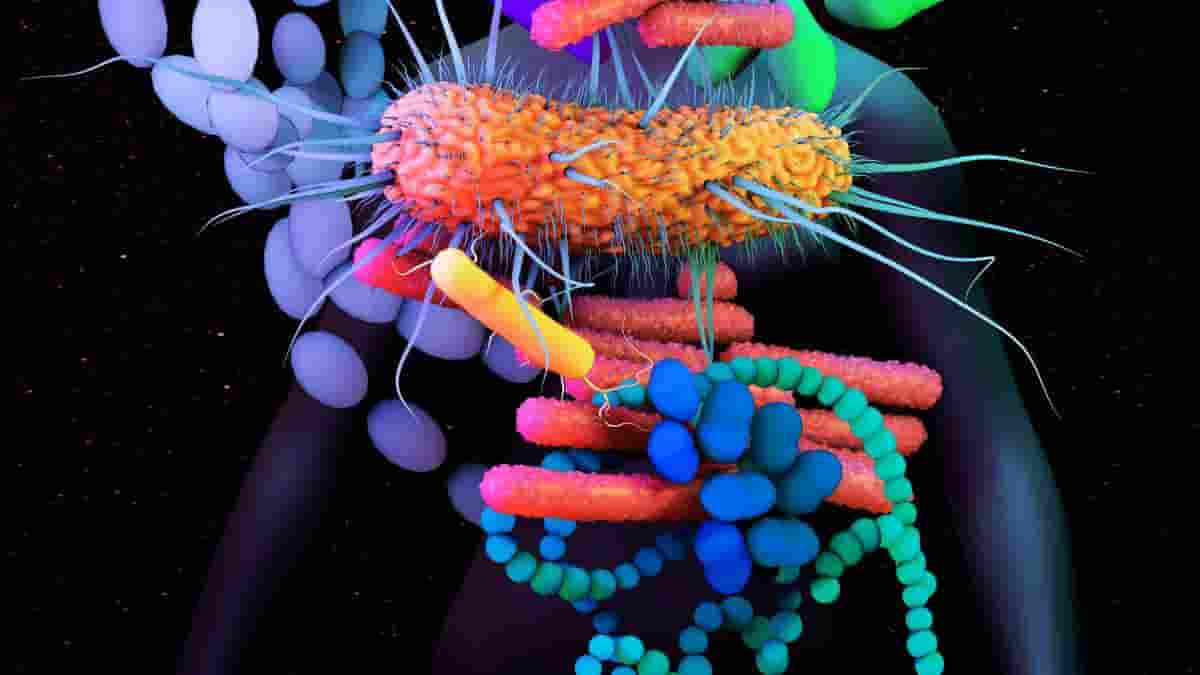Researchers at the University of Virginia School of Medicine have revealed how Lactobacillus, a bacterium found in fermented foods and yogurt, helps the body manage stress and may help prevent depression and anxiety. The findings pave the way for new therapies to treat anxiety, depression, and other mental health conditions.
According to UVA researcher Alban Gaultier and collaborators, the discovery is significant because it pinpoints the role of Lactobacillus, distinguishing it from all the other microorganisms that naturally live in and on our bodies.
“Our discovery illuminates how gut-resident Lactobacillus influences mood disorders, by tuning the immune system. Our research could pave the way toward discovering much-needed therapeutics for anxiety and depression,”
said Gaultier, of University of Virginia School of Medicine’s Department of Neuroscience.
Targeting the Microbiome
Numerous bacteria, fungi, and viruses, collectively known as the microbiota, live in our guts naturally. More microbes live in and on us than there are cells in our bodies.
That may sound disgusting, even alarming, but scientists say these tiny organisms and their interactions are critical to immune systems, health, mental health and other facets of well-being.
Microbiota disruptions, whether caused by sickness, bad food, or other factors, are known to contribute to numerous diseases and even cancer spread. So, in recent years, researchers have been tremendously excited about the potential to combat diseases by targeting the microbiome.
Early attempts to modify gut flora with helpful microorganisms known as probiotics yielded mixed results. The sheer intricacy of the microbiome, which is believed to include 39 trillion microorganisms, has been a major contributor to the problem.
Trying to understand what specific bacteria or fungi do, much less how they interact with all the other microorganisms and their host, can be like trying to count grains of sand on the beach.
Interferon Gamma Levels
Gaultier and his team took an innovative approach, focusing on Lactobacilli in particular. Previous study from Gaultier’s group revealed that the bacteria might reverse depression in lab animals, which is an extremely hopeful finding. However, the researchers needed to figure out how.
“We were aware from our prior research that Lactobacillus was beneficial in improving mood disorders and was lost following psychological stress, but the underlying reasons remained unclear, primarily due to the technical challenges associated with studying the microbiome,”
Gaultier said.
He and his team decided to continue their depression research using a collection of bacteria, known as “Altered Schaedler Flora,” which includes two strains of Lactobacillus and six other bacterial strains. The team was able to create mice with and without Lactobacillus using this rarely used bacterial community, avoiding the use of antibiotics.
The Altered Schaedler Flora produced exciting results. Gaultier and his colleagues were able to explain exactly how Lactobacilli influence behavior, and how a lack of the bacteria can worsen depression and anxiety. Lactobacilli in the family Lactobaccillacea maintain the levels of an immune mediator called interferon gamma that regulates the body’s response to stress and helps stave off depression.
Potential Applications
With this knowledge, researchers may be able to create new methods for preventing and treating depression and other mental health diseases in which Lactobacillus plays a major part. Patients suffering from or at risk of depression, for example, may one day take specially prepared probiotic supplements to boost their levels of beneficial Lactobacillus.
“With these results in hand, we have new tools to optimize the development of probiotics, which should speed up discoveries for novel therapies. Most importantly, we can now explore how maintaining a healthy level of Lactobacillus and/or interferon gamma could be investigated to prevent and treat anxiety and depression,”
researcher Andrea R. Merchak said.
Reference:
- Andrea R. Merchak et al. Lactobacillus from the Altered Schaedler Flora maintain IFNγ homeostasis to promote behavioral stress resilience. Brain, Behavior, and Immunity(2023). DOI: 10.1016/j.bbi.2023.11.001
